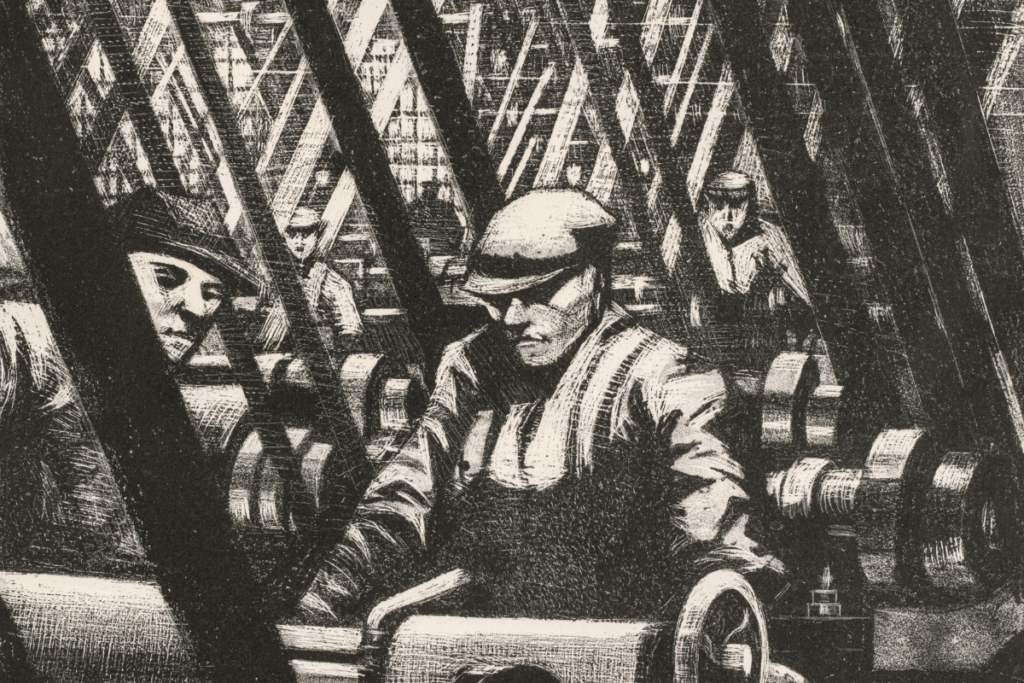How does economic growth happen? It’s a hard question to answer but economists have tried for centuries. Perhaps the most famous model came from MIT economist Robert Solow in 1956. The Solow growth model specifies three factors that fuel growth: productivity, capital, and labor.
Productivity through new ideas and technologies (like electricity or the internet) obviously creates economic value. Capital, in the form of buildings or equipment or software, likewise allows workers to be more productive. But it’s labor – people – that is often overlooked as a source of our prosperity. And that brings us to the looming economic challenge of the 21st century that most people aren’t aware of: the working-age populations are shrinking in the largest economies on Earth.
Are we entering an era of labor scarcity?
Population projections from the United Nations sure suggest so. The chart below shows the working-age population growth projections from China, Germany, the UK, and the US. In 2020, Germany’s worker population was already shrinking noticeably, and China’s has begun to decline as well. The UK and US have measly growth of around 1%. And in the future, it’s only going to get worse.
Today, StepStone Group (Appcast’s parent company), published details of its Global Labor Shortage study – check out the full details here. In a poll of over 5,000 individuals across those four countries, StepStone’s study revealed a shocking lack of awareness of this long-term trend. Of those surveyed, 80% underestimate the extent of the decline. Even among upper management, less than a quarter understood the extent of the problem.
What can we do to fix the coming worker shortfall?
Automation, immigration, delayed retirement, inclusive workplaces, and greater flexibility are all solutions that StepStone proposed in its poll. But it’s up to us to act, otherwise the global economy could move to a structurally lower growth path.
StepStone CEO Sebastian Dettmers said it best: “A new era is beginning in the labor market. For the first time in recent history, the number of people in the workforce will fall rather than rise. This has serious consequences for our economy and the standard of living of every individual. We all need to be much louder about this. And work together at full speed on solutions to safeguard our prosperity.”








